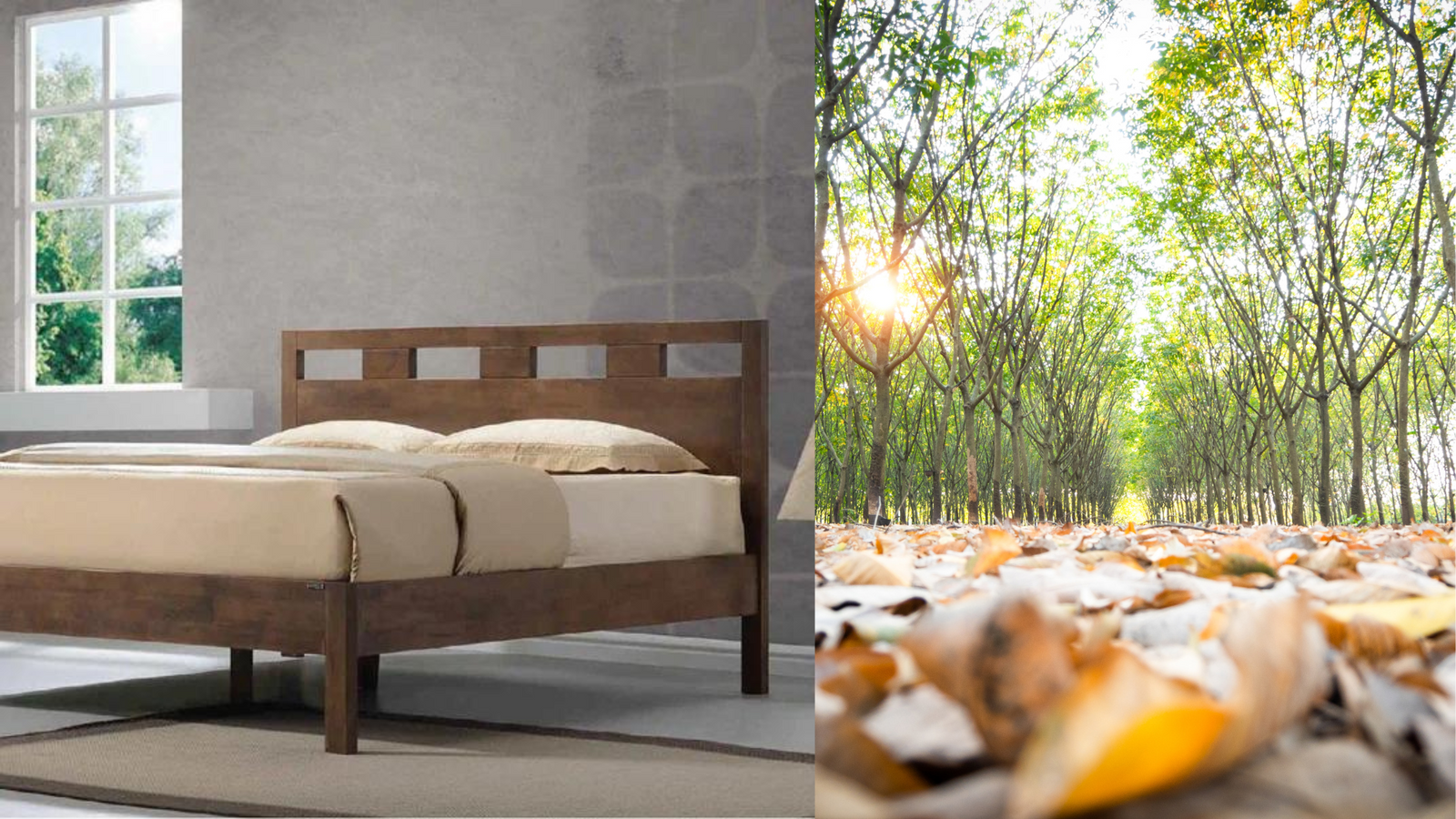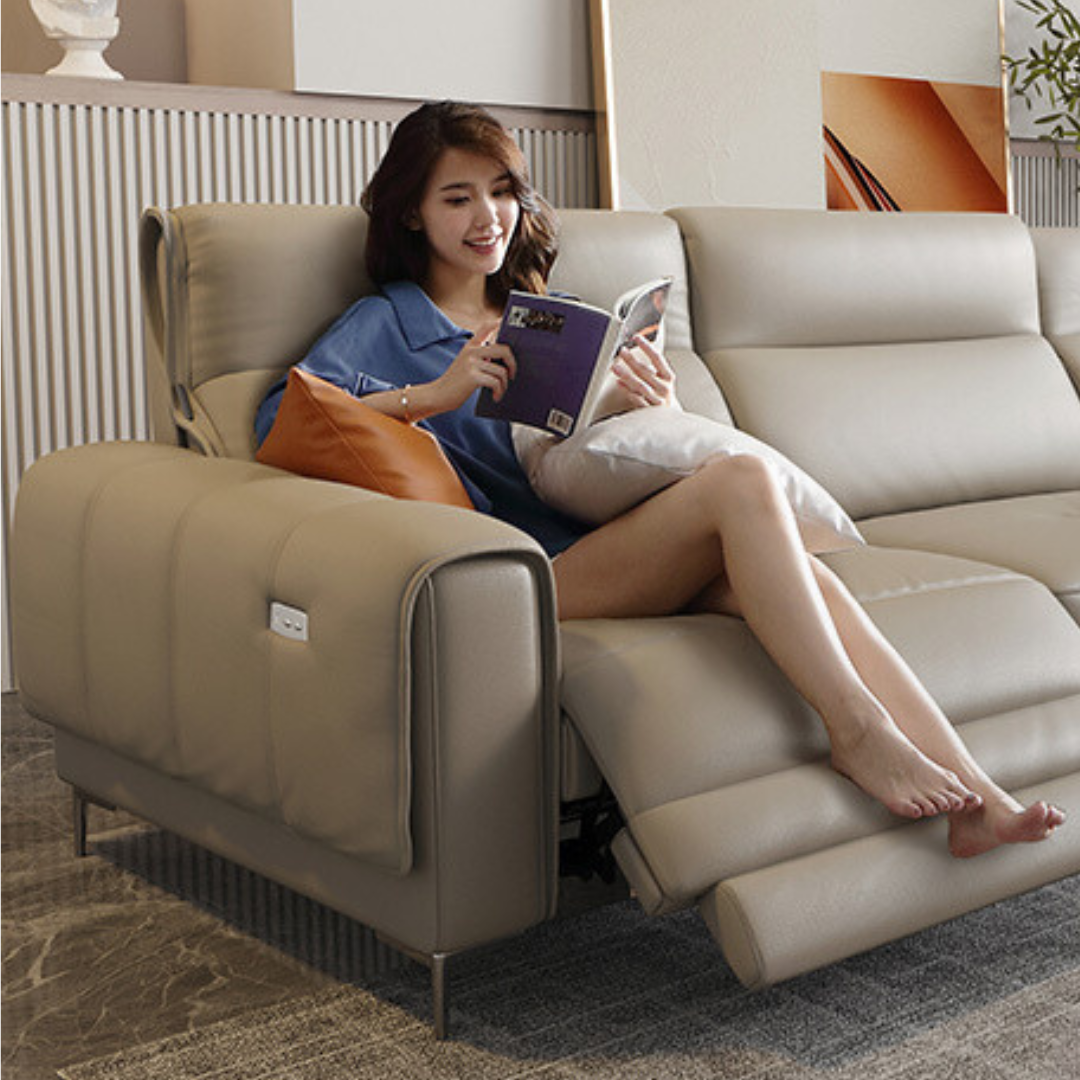Cotton bedsheets have long been a popular choice for their softness and breathability. However, as we enter a new era of innovation and advancements in textile technology, it's becoming increasingly clear that cotton bedsheets may no longer be the best option for everyone. Here are a few reasons why cotton bedsheets are being overshadowed by newer alternatives:
#1 Limited Moisture Management: While cott
While cotton is known for its absorbent properties, it can also retain moisture, which can be uncomfortable during hot and humid nights. Newer fabrics such as Tencel are designed to wick away moisture more effectively, keeping you cool and dry throughout the night.
#2 Wrinkling and Creasing:
Cotton bedsheets tend to wrinkle and crease easily, requiring frequent ironing or smoothing out. This can be time-consuming and impractical for those with busy schedules. Modern fabrics, on the other hand, offer wrinkle-resistant or wrinkle-free properties, allowing for a neat and smooth appearance with minimal effort.
#3 Fading and Pilling:
With repeated washing and use, cotton bedsheets can fade in color and develop unsightly pilling. This can impact the overall aesthetic appeal and longevity of the sheets. Newer fabrics are often engineered to maintain their color vibrancy and resist pilling, ensuring a fresh and long-lasting look.
#4 Allergy Concerns:
Cotton is a natural fiber and can potentially trigger allergies in some individuals. Dust mites can also thrive in cotton bedsheets, causing discomfort for those with sensitivities. Alternative fabrics, such as microfiber or bamboo-derived materials, are often hypoallergenic and resistant to dust mites, offering a healthier sleep environment.
#5 Limited Durability:
While cotton is generally durable, it may not withstand frequent washing and use as well as newer synthetic or blended fabrics. Innovative textiles are designed to be more resistant to wear and tear, allowing for long-lasting performance and extended lifespan.
#6 Innovative Features:
Modern bedsheets are often infused with advanced technologies and features. For example, some fabrics incorporate antimicrobial properties or cooling technologies, providing additional benefits beyond basic comfort.
#7 Sustainability Concerns:
Cotton production requires significant water usage and can have a significant environmental impact. Sustainable alternatives, such as organic cotton or eco-friendly fabrics like Tencel or lyocell, offer a more environmentally conscious choice for those seeking to reduce their ecological footprint.
#8 Variety and Design Options:
While cotton bedsheets come in a range of thread counts and patterns, newer fabrics offer even more variety in terms of texture, designs, and finishes. Whether you prefer silky smoothness, sateen sheen, or a crisp feel, there is a fabric out there to suit your personal preferences.
#9 Ease of Care:
Some newer fabrics, such as microfiber or polyester blends, are known for their low-maintenance care. They are often machine washable, quick-drying, and require minimal ironing or special treatment, making them ideal for those seeking convenience.
#10 Price Competitiveness:
With the availability of various fabric options and manufacturing advancements, the prices of alternative bedsheets have become increasingly competitive with cotton. This means you can find high-quality, innovative sheets without breaking the bank.
Conclusion
While cotton bedsheets have their merits, it's important to explore and embrace the advancements in textile technology. The availability of alternative fabrics provides a wide range of benefits, from improved moisture management and durability to enhanced aesthetics and eco-friendliness. By considering these alternatives, you can upgrade your sleeping experience and embrace the possibilities of tomorrow.
Recommended Links
- Learn more about Inkagu bedsheets.
- Top 10 Best Mattress Features For Better Sleep.
- Top 10 Mattress Stains - How To Prevent Them
- Follow our facebook page for the latest deals.














